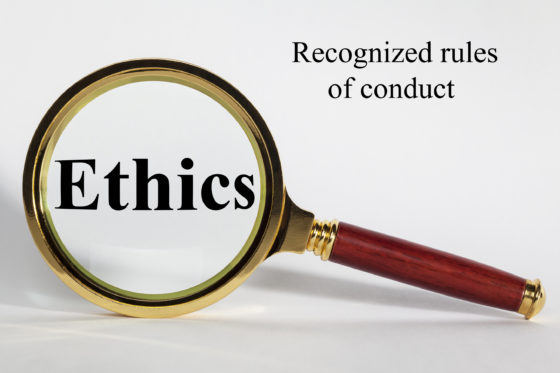Is obesity a disability? No. Well, can obesity lead to an ADA-defined disability? That’s where things get tricky. In Ronald Shell v. BNSF Railway Co., a federal court in Illinois addressed these questions and others when a prospective employer denied employment due to its belief that the would-be employee could develop a disability resulting from his obesity.
Mr. Shell applied to work as an equipment operator position that was deemed safety-sensitive because it involves using heavy equipment. Shell had years of experience working in …
Continue Reading









